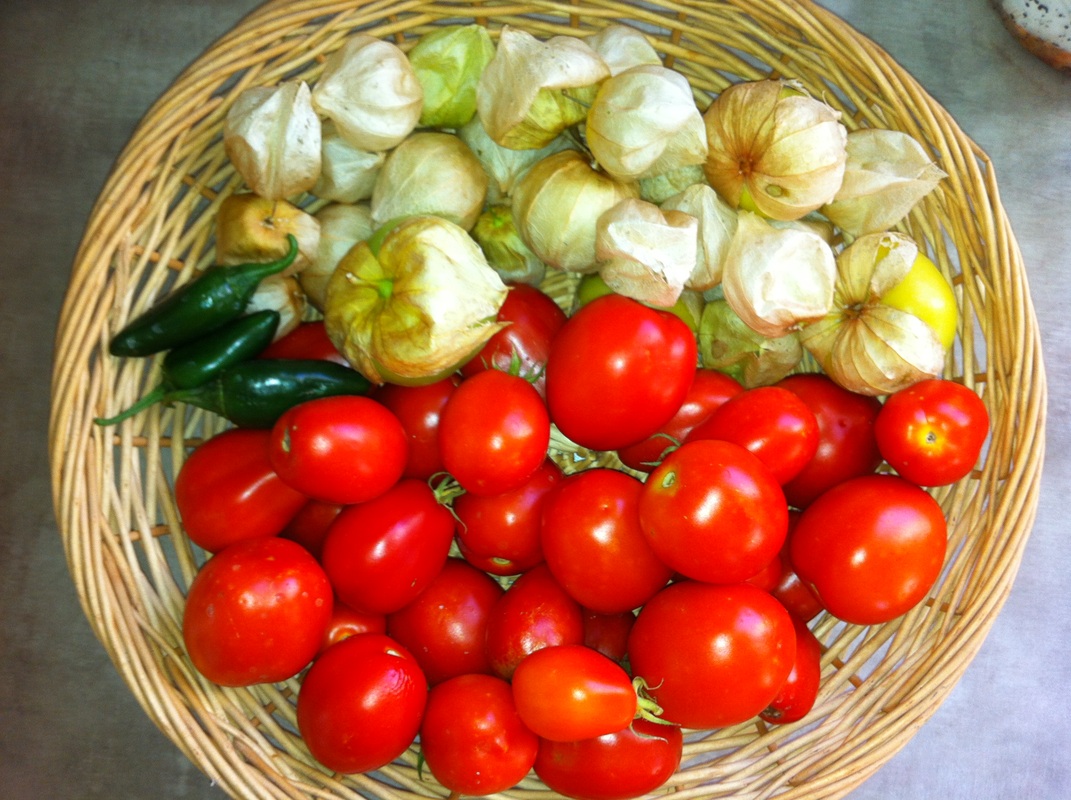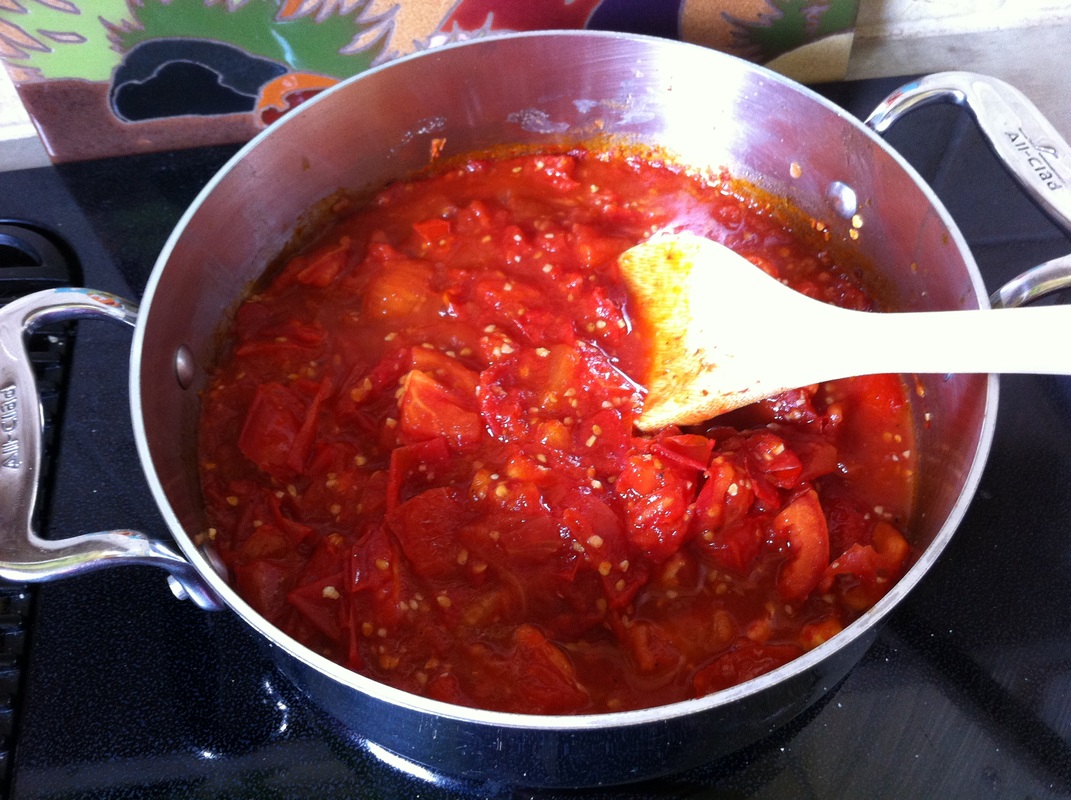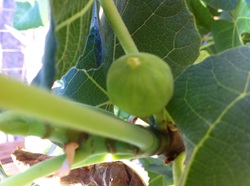- Most people are aware of the residual pesticides that remain on fruits and vegetables such as apples, celery and strawberries, so for most, the answer is to either buy or grow organic produced.
- There are many other issues that may be lesser known to consumers such as foods that contain harmful bacteria resulting from the way they are either grown or processed such as chicken, ground meats, eggs and fresh fruits.
- Another concern in the news the last few of years has been cans lined with bisphenol A, or BPA. Scientists have long warned of BPA's link to cancer, but more recent studies indicate BPA basically tricks your fat cells into taking in more fat, and can also trick your pancreas into producing more insulin than necessary, which can lead to Type 2 Diabetes. found it's related to obesity and diabetes as well.
So, what is the best course of action for a consumer?
If possible, grow your own fruits and vegetables. Fruits are sometimes a bit more complicated because they may require more space - trees or larger plots of land for melons to crawl across or up. Also, fruits can be very thirsty. Unless you have no concerns of water usage, it may be preferably for you to purchase organic products in the store. However, if you would like to try growing your own orchard or melon patch, it's very gratifying.
Vegetables and herbs are often easier. Crops such as beans, smaller hot peppers like jalapeno and serrano, tomatillos and okra are typically low water consumers and can tolerate hotter temperatures. Cucumbers need a lot of water and cooler temperatures. Plan your diet around your climate as well as what you like to eat. Although there are seeds and plants available that are resistant to disease, they often don't taste very good. Your best bet is to go with heirloom varietals that will grow well in your. The seeds may cost a little more, but you can collect and save the seeds from your mature crops and then plant them again the following season. Step and repeat and you will save a lot of money in the long run on seeds. Proper soil preparation and organically feeding the plans will save you a lot in effort, time and additional money that you would otherwise spend on pesticides and herbicides. A healthy plant is much more capable of fending for itself than a weak one.
In our household, tomatoes and tomatillos are frequently in recipes used and tomatoes are generally one of the higher ranked produce when it comes to residual pesticides, so we always prefer to grow our own. Tomatoes provide a great base for a salad caprese, stuffed tomatoes, pizza sauce or sauces for pastas among a myriad of other dishes.




 RSS Feed
RSS Feed
